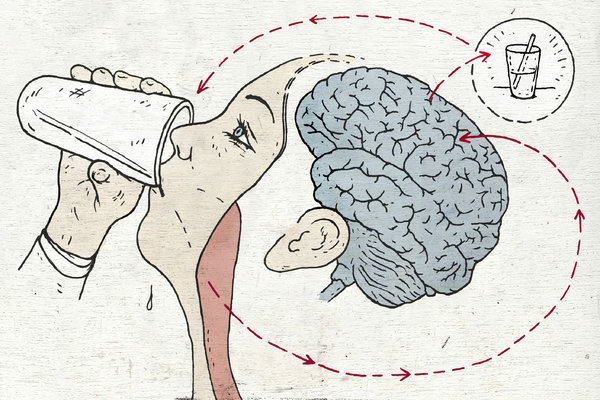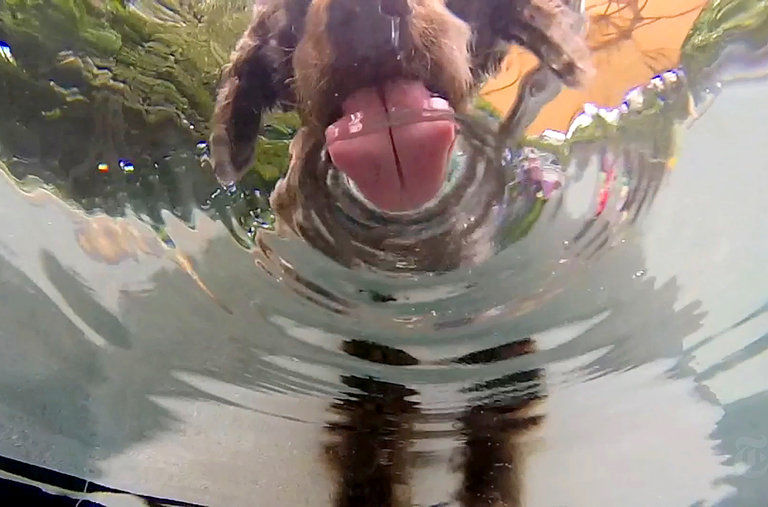After a long hike on a hot day, few things are more rewarding than a tall, frosty glass of water. The rush of pleasure that comes with a drink might feel like a sign from your body that you’ve done the right thing, a reward for remedying your dehydration.
But that pleasing sensation isn’t actually linked to your real need for a drink. In a study published Wednesday in the journal Neuron, a group of scientists who have studied how thirst works in the bodies of mammals report that the neural systems related to the feeling of reward work independently of those involved in monitoring water intake.
[Like the Science Times page on Facebook. | Sign up for the Science Times newsletter.]
Staying hydrated is high on most organisms’ list of priorities. Mammals have multiple ways of tracking the water they’ve consumed, a subject Yuki Oka, a neuroscientist at the California Institute of Technology, has long studied in mice. The mechanisms in other mammals, including humans, may be similar.
One method he and colleagues explored in earlier research involves the gulping motion made by the throat as liquid is swallowed. That gulping sends a message to the brain that water has been consumed, quieting the neurons that generate the urge to drink. But that happens regardless of whether the substance gulped was water or oil, suggesting that the act of gulping only briefly convinces your brain that your thirst is quenched.
The body also tracks the presence of water in the gut, and when it becomes clear that water is not arriving, thirst returns. Dr. Oka and colleagues report in their latest study that injecting water directly into the stomachs of mice did quench thirst, albeit after a longer lag.
“That gives you a sensation of satiation,” said Dr. Oka.
But did satiation come with satisfaction?
To test that out, the researchers gave some mice water orally, and put it directly into the stomachs of others. Another batch of mice had their thirst neurons artificially manipulated to generate the sensation of quenching. At the same time, the team watched the activity of certain neurons in the brains of the mice. These neurons’ release of dopamine, a neurotransmitter, helps to reward and reinforce the learning of positive behaviors.
When mice drank water normally, a flood of dopamine resulted, suggesting the behavior was rewarding. But when the researchers quenched the rodents’ thirst by sending water to their stomachs, or by directly manipulating their thirst neurons, nothing happened.
In a way, this parallels the experience of anyone who’s had an IV in a hospital, said Vineet Augustine, a graduate student in Dr. Oka’s lab a co-author of the paper.
“You get water or saline directly infused into your body, so you probably wouldn’t feel thirsty,” he said. All your hydration needs are met. But no pleasure is involved.
“Contrast this to drinking water after a hike or something,” he continued. “If you just orally drink water, you would feel very good.”
So hydration by itself isn’t rewarding. Still, that blissful feeling that comes with a cold glass of water is very real.
“What we think is that maybe dopamine release is coupled with drinking behavior itself,” said Dr. Oka — the behavior, not the results. Maybe it is a learned behavior, he added. Your whole life, you have been drinking water, and that may have been reinforced by the release of dopamine, rather than the hydration itself being rewarding.
“Satiation from gulping is a really physical feeling. But we think that probably the pleasure is coming from the realization that you are drinking something,” he said.




